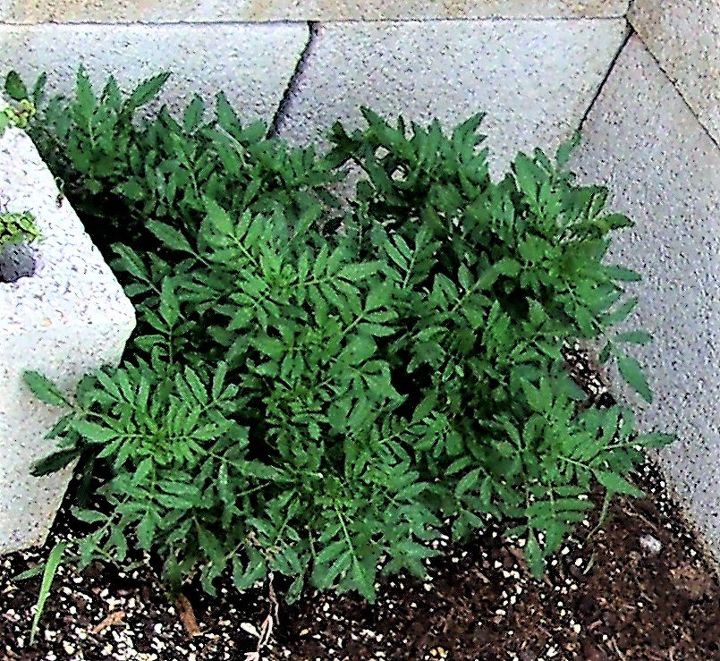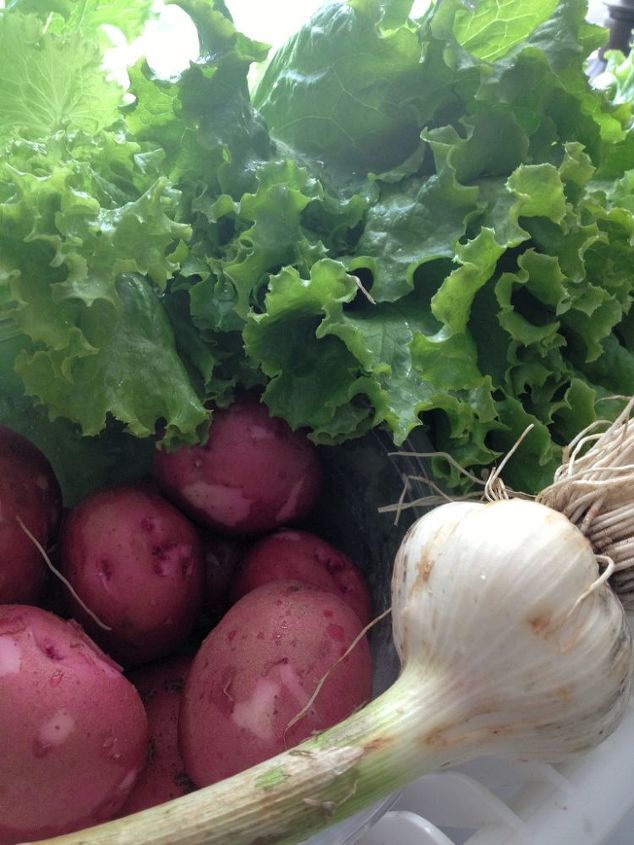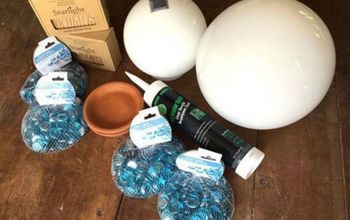What is a DIY good weed killer?
Related Discussions
GNATS - How to get rid of them?
Somehow my house and garden got tiny gnats that killed my fuchsia plant and fly everywhere. I have tried ALL the Web recommendations - soap and oil dishes, sand in th... See more
Marigolds growing! Should I pinch the buds?
My marigold plants are growing. I heard that pinching the buds until Autumn will allow them to grow without killing the plant. Is this true?
Growing garlic
Growing our first garlic, should we wait until the leaves are drying out before we pick it? Husband picked first one today along with our first potatoes.
How to keep mice out of your garden?
Hi everyone, I have mice in my garden destroying my vegetables and I have also noticed them in the barn and shed. Please can someone tell me how to prevent them from ... See more
What's the best flower/plant to grow in Texas?
I know that opinions vary, but what's your opinion?!I have great luck w Rosemary plants. Green all year long.
What can I use for weed killer at the beach?
Hello, I am looking for a safe way to get rid of weeds at my beach, my neighbor sprays round up, Horrible . tk you



Vinegar or salt water.spray on weeds.
Here's mine:
https://www.hometalk.com/diy/outdoor/pest-repeller/all-natural-weed-killer-43299149
All-Natural Weed Killer
This is our recipe for the cracks in the sidewalk, the driveway, or along the fence to prevent grass growth and thus limit how much we have to weed eat. Recipe: 1 gallon white vinegar, 2 cups Epsom salts, 1/3 cup Dawn dish soap (blue kind). Spray in a.m. after dew is evaporated on a day that will be sunny as it works best on sunny days. By eve the weeds will be dead. Not recommended on general lawn use as it does kill grass and anything living
So whats good for weeds in the grass
There are several here on HM:
https://www.hometalk.com/search/posts?filter=weed%20killer
I just soak the area and pull the next day...I need the exercise! LOL
-----------
This is not an exact science – approximate measures are totally fine 1 gallon white vinegar and cup Epsom salts and ¼ cup liquid dish soap Combine ingredients in spray bottle and treat weeds at the hottest time of day for best results.
The struggle is real, isn't it?!? This is the most effective all-natural weed killer DIY that we use. It's even been featured on Hometalk! Hope this helps! Hugs, Holly
https://pinkfortitude.com/weed-killer/
PS - We have a FREE eBook with recipes for all of my homemade and all-natural cleaners. You can download it here --> https://pinkfortitude.com/thank#GreenClean